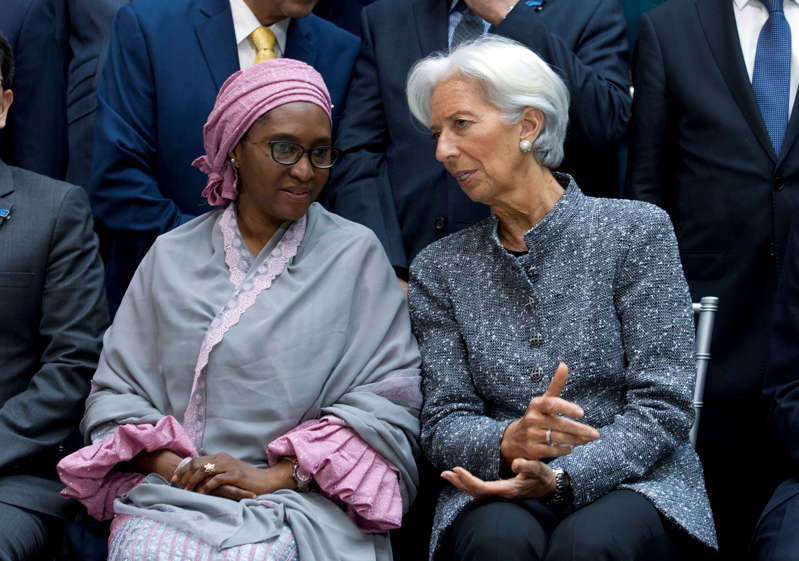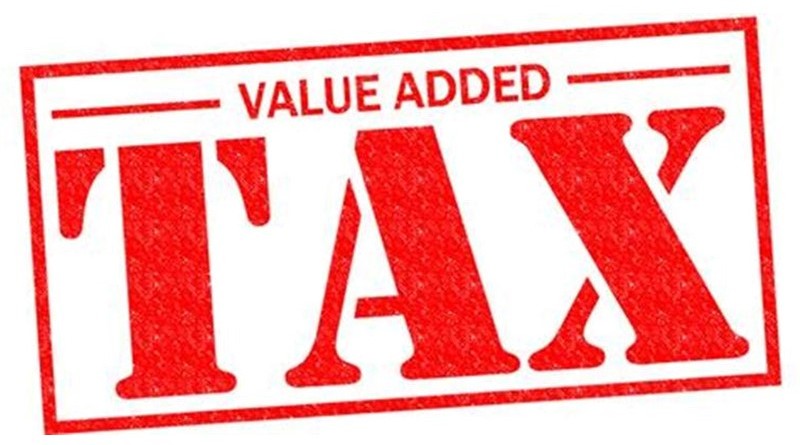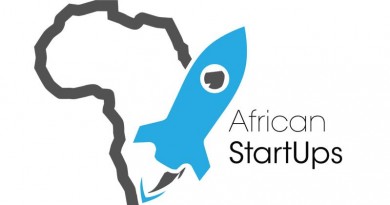FGN raises VAT by 44% to 7.2% from 5%
The Federal Executive Council (FEC), presided over by President Muhammadu Buhari, yesterday approved a 44 per cent increase in Value Added Tax (VAT) to 7.2 per cent from 5 percent.
However, a decision has yet to be taken on the effective date of the new rate. The planned rise must be approved by the National Assembly before it can become law.
It also approved the 2020 budget of N10.07 trillion and the Medium-Term Expenditure Framework (MTEF) and Fiscal Strategy Paper (FSP).

She said the Council directed immediate consultations with states, local governments and other relevant stakeholders before taking effect in 2020.
The minister said: “We also reported to Council which has agreed that we start the process towards increasing VAT rate. We are proposing and Council has agreed to increase VAT rate from 5 percent to 7.2 percent. This is important because the Federal Government only retains 15 percent of the VAT, 85 percent is actually for the states and local governments and the states need additional revenue to be able to meet the obligations of the new minimum wage.
“This process involves extensive consultations that needs to be made across the country at various levels and also it will involved the review of the VAT Act. So, it is not going to be implemented immediately until the Act is reviewed.
“So accordingly, following these assumptions, the total revenue estimate in the sum of N7.5 trillion for the year 2020 and N2.09 trillion that will be accruing to the federation account and VAT respectively.
“There will of course be the distribution to the three tiers of government based on the statutorily revenue sharing formula as defined in the Constitution and to this effect, it means the Federal Government will be receiving proposed aggregate of N4.26 trillion from the federation account and the VAT pool, while the states and the local governments are expected to receive N3.04 trillion and N2.27 trillion respectively.
“The expenditure for the year 2020 is in the total sum of N10.07 trillion. This is three percent higher than the approved expenditure in the 2019 budget that has been passed unto law. The total expenditure includes statutory transfers, non-debt recurrent expenditure such as salaries and pensions and also the social intervention Programme.
“The 2020 budget has a debt service obligation estimated at N2.45 trillion and a sinking fund to retire maturing obligations issued to local contractors and other creditors in the sum of N296 billion. So there is a total sum of N3.43 trillion that is provided for personnel and pension cost inclusive of N218 billion for the top 19 government owned enterprises in the country. This represents an increase of N453 billion over the 2019 approved budgetary expenditure. This also implies a 40 percent of this recurrent expenditure to the projected revenue.”
Commenting on the planned VAT raise, Managing Director of Cowry Assets Limited, Mr. Johnson Chukwu, said the increase would subject Nigerians to more hardship due to their already weakened purchasing power.
Chukwu further said the timing of the increase was inappropriate as the economy remains fragile with most sectors struggling to remain afloat.
He expressed concern that government’s priority as it stands today was to maximise revenue, even when the purchasing power of an average Nigerian is not strong enough to absorb additional costs.
Specifically, the financial expert noted that the increase would lead to a further slowdown in consumption, which could lead to a drop in capacity utilisation of the manufacturing sector. He said the sectors that directly linked to manufacturing which include trade could also be negatively impacted, adding that the GDP growth rate would equally take a hit.
‘‘If the economy was vibrant, it could have made a lot of sense because the government is in dire need of additional revenue. But at this time, the economy is very fragile, and any additional burden on it, could lead to a collapse.
He advised government to ensure that exemptions are granted to medical and educational materials, in addition to other critical areas that affect the average Nigerians.
Also reacting, Ayodeji Ebo – Managing Director, Afrinvest Securities, said the VAT increase will raise thecost of goods including consumers spending which has been pressured all this while. He also said the purchasing power of consumer will contract further as demand for goods would shrink. This also means that the manufacturers will reduce their production which is the likely impact of this increase.
Meanwhile the Organised Private Sector (OPS) yesterday, described as unfortunate government’s planned Value Added Tax (VAT) increase to 7 percent, accusing the Muhammadu Buhari administration being insensitive to the plight of poor Nigerians.
The Nigeria Employers Consultative Association (NECA) in a telephone interview shortly after theFederal Government’s announced the increase, said it was not a good idea for the real sector at this time of the nation’s economy. The Director General of NECA, Mr. Timothy Olawale, said the increase was just a confirmation of the OPS’ fears over government’s resolve to overburden the manufacturing sector in order to generate extra money to fund its programme.
He said, “We’ve kept telling them that it would not be a good idea to increase VAT and government had continued to deny it. But what is not clear is if the increase is on luxury goods which we advised earlier. However I suspect it is going to be on total goods.”He reasoned that the implication would be an increase in the cost of doing business in the country with manufacturers having to incur more in their production.
The NECA boss said it would also further impoverish more Nigerians, noting that many Nigerians are poor, hence the new tariff would tell more on their purchasing power.
“Manufacturers will definitely pass the burden of the increase in their cost of production to the consumers.
“It is the common man on the street that will bear the consequences, which to me is rather unfortunate,” he stated.
source: THE SUN




